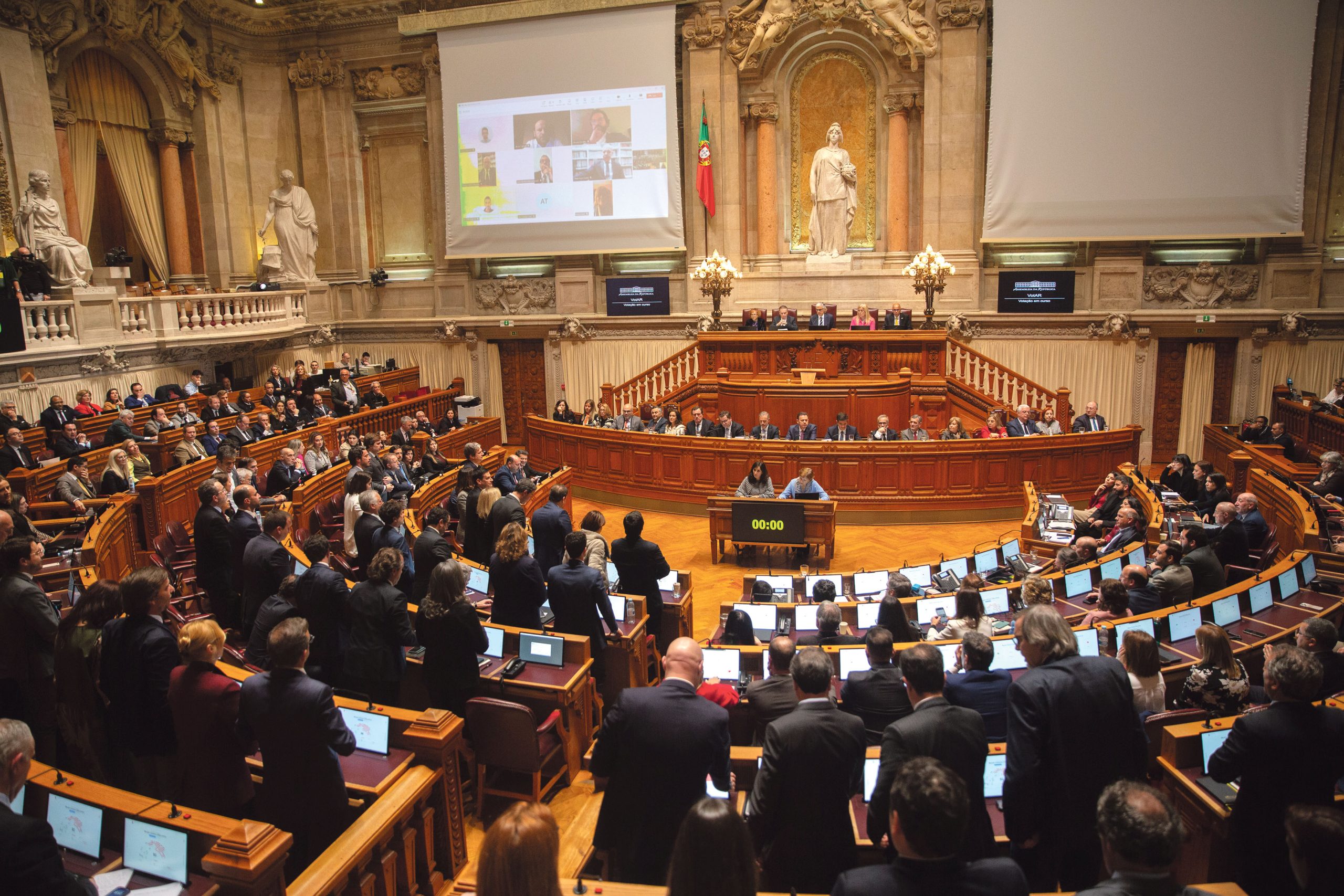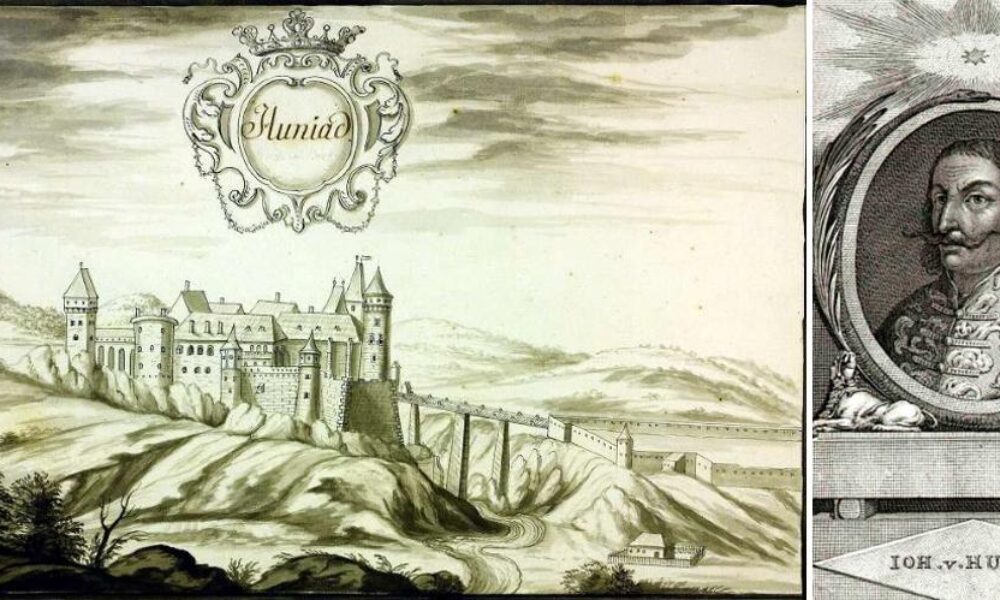Trumps tax policy is a settlement with decades of American belief in free trade
:format(jpeg):fill(f8f8f8,true)/s3/static.nrc.nl/images/gn4/data130347221-ebe954.png|https://images.nrc.nl/VP7hZsDwnKhTLsR-hw2C3ZJNlmI=/1920x/filters:no_upscale():format(jpeg):fill(f8f8f8,true)/s3/static.nrc.nl/images/gn4/data130347221-ebe954.png|https://images.nrc.nl/SD5upRS6oMsjila5eKcn7ZDAL48=/5760x/filters:no_upscale():format(jpeg):fill(f8f8f8,true)/s3/static.nrc.nl/images/gn4/data130347221-ebe954.png)
When American presidents make festive announcements about trading policy in the rose garden of the White House, their message is usually: there is more free trade, hurray! Last week the message from the Rozentuin was very different: it ends with decades in free trade. Wednesday was ‘Liberation Day’ for the Americans. Donald Trump’s message means nothing less than a break with the economic world order that the US itself shaped after the Second World War.
Just back in time. In 1988 said President Ronald Reagana Republican: « Free trade is an idea for which time is right », this when signing a free trade pact with Canada. His successor George Bush, also Republican, said at the launch From a trading deal with Australia: « Open trade is sensible policy. It creates jobs, increases living standards and lowers consumer prices. » Democratic President Bill Clinton was in the rose garden in 1994 side by side with the Republican senator Bob Dole, when he announced That there was support among both parties for a broad, global reduction of import duties and for the establishment of the World Trade Organization (WTO). It would yield « hundreds of thousands of well -paid American jobs, » Clinton said.
They are words from another era that is now over. On Wednesday, Donald Trump owned the liberalization of world trade. « For decades our country has been looted, robbed and raped by countries far and close by, by friend and foe, » it sounded from the mouth of this Republican president. With the announcement of drastic import duties for dozens of countries – 10 percent as ‘basic tax’, 20 percent for the EU, 54 percent for China – Trump provided a shock under governments, economists and investors. They had hoped that the taxes would be milder. Instead, a global trade war is set, the already weak global economy gets a hard blow, and a new wave of inflation threatens.
Taxes higher than 1930s
On average, the American import rate increases due to Trumps ‘reciprocal’ levies by 11.5 percentage points to 22.5 percent, so calculated The Yale University. Before Trump returned to the White House, this was 3.4 percent; It already rose due to Trumps earlier broad taxes on steel and cars, among other things. 22.5 percent is the highest level since 1909. So higher than in the 1930s, which were pre -eminently a time of protectionism.
‘Liberation Day’ means the ‘most ambitious economic recovering The Americans have ever seen, « said Trump. The Americans will notice it in the supermarket: importers will (partly) pass on the taxes to the consumer. But the new, towering tariff walls of the US not only affect American consumers. They are also a large reconciling of the international trading system that was destroyed by the US.
‘Higher living standards’
That order began with the trade agreement concluded by 23 countries Gatt (General Agreement on Tariffs and Trade) – an American initiative in 1947. Gatt had to form the framework for negotiations on « substantial reduction of import duties », with the aim of « increasing the living standards », says its preamble.
That desire for free trade, based on international rules that companies had to provide security, was a response to their own American experiences from the 1930s. The American Smoot-Hawley law of 1930 set a year after the stock market crash on Wall Street, high trading rates, which were on average 20 percent. They were quickly copied by other countries, such as neighboring countries, and Mexico. According to many economists, this trade war worsened the great depression (1929-1939).
When President Franklin Delano Roosevelt In 1945 argued For international cooperation to break tariff walls, he also linked that to a political goal: to promote peace. « The purpose of this entire effort is to eliminate economic warfare, » he said in a speech for the American congress. For example, the « economic foundation » had to be laid for « the safe and peaceful world we all long for. »
Decades of trading liberalization via the Gatt and his successor, the WTO founded in 1995, meant declining import duties worldwide. But while all American presidents – to Donald Trump – supported this policy of globalization, there was always a counter -movement that felt more at home in the tariff walls of the 1930s.
Collision in the nineties
In the nineties it came to a frontal collision of both currents, which makes it clearer what is happening in Washington.
With the collapse of communism, on the one hand, the combination of liberalism-capitalism-free trade seemed to have triumphed. The US supported the establishment of the WTO. And in the meantime, the US also concluded separate trade agreements that further reduced the tariff walls, including the North American Free Trade Convention (NAFTA) with Mexico and Canada in 1992. In 1999 the US agreed with Chinese membership of the WTO (formal accession followed in 2001).
At the same time, stronger opposition to free trade arose in the 1990s. The independent populist presidential candidate Ross Perot campaigned against the NAFTA Convention in 1992, which, according to him, would lead to American jobs being ‘sucked up’ by Lagelonland Mexico. Perot spoke of one « Huge Sucking Sound » (Giant Sucking Sound). Perot won 19 percent of the votes in 1992 (Clinton won). Another anti -riding trading politician, Pat Buchanan – a Republican – is strongly reminiscent of Trump. Just like Trump, he was worried about the disappearance of the manufacturing industry in America and was fixed on the growing trade deficit (which shows that the US imports more than exporting). Buchanan chose the « American worker » who would be the victim of the « Transnational Elites » That free trade embraced. Buchanan presented, among other things, import duties of 15 percent for European countries. He was, not coincidentally, one of the early supporters of Trump in 2016.
Especially after Chinese accession to the WTO – which allowed China to export more freely to the West – there was also more interest among economists in the shadow sides of free trade.
The ‘Chinaschok’
Although the American gross domestic product (GDP) continued to increase and American consumers benefited from cheap Chinese products. But in the first decade of this century, American industry was hit hard by what economist David Autor called the « Chinaschok » in 2021. Chinese competition cost 1.2 million American industrial jobs and 2.4 million jobs in total, Autor said.
It is this tradition of criticism of free trade and globalization in which Trump and his employees connect. In his first term (2017-2021), the Republican De WTO turned all the neck to stop the WTO by the appointments of ‘judges’. Since then, the WTO can no longer make binding statements in trade disputes. Trump-2 now comes with a flood of taxes, completely outside the WTO.
‘Military base affected’
That this means a break with the old economic world order, Team Trump itself is also crystal clear about that. « The post -war international economic system, » states Trumps Decree This week, was based on ‘incorrect assumptions’. It was assumed that, following the US, other countries would liberalize their trade. The White House points out that many trading partners had higher basic import duties until 2 April (which is true in many cases, then it is the other way around) and believes that they also raise other heavy barriers for trade, such as tax rules that would harm American companies. The large US trade deficit (1,200 billion dollars in 2024) was not foreseen by the proponents of free trade, according to the decree. « The related loss of industrial capacity has affected the military readiness. » According to Trump, American industry is no longer able to properly provide the army with equipment.
For example, free trade for the White House is no longer a condition of world peace (Roosevelt), but a « threat to national security » (in Trumps words).
World trade continues
The big question that all other countries now stand for is whether they want and can keep as much as possible of this international order without the US. In a statement this week, the WTO itself noted that even after all American levies since January, 74 percent of world trade still falls under the internationally agreed rules. That was 80 percent at the start of this year. According to the WTO, world trade will decrease by the US taxes by 1 percent this year, while previously an increase of 3 percent was estimated. So world trade does not stop. On the contrary.
Both in Asia and in Europe, politicians have called for more agreements on mutual trade. The departing German Minister of Economic Affairs Robert Habeck called for this week to close new trade alliances in the world. Intensive conversations are already being held with Canada and Mexico, he said.
Since January, chairman Ursula von der Leyen of the European Commission has also emphasized the importance of alliances to remove commercial barriers. Already at the end of last year the EU reached an agreement with the Latin American Mercosur block. Last month, Von der Leyen visited the fast -growing India and made the first agreements about better trade relations and « a strategic partnership. »
But not only Europe demonstrates the feeling of urgency to work together, in an era that the US withdraws from the world of free trade. Already during the first term of Trump, countries started to seek cooperation in new trade blocks in particular around the Pacific Ocean. Two weeks ago, China, Japan and South Korea came together for the first time to discuss greater economic cooperation.
Europe as a new leader?
Now that the US is withdrawing, the question is who should take on the leading role in the world. Europe? As a large trade block, this has an interest in preserving the rules -based free trade that makes it possible to sell their products worldwide.
If Europe wants to save free trade, it is with a difficult problem: China
But the EU has at least one difficult problem and that is the position of China. With an economy from which rapid growth has disappeared, the Chinese leaders desperately need exports. Not only from the US, but also from Europe, it has been complained to for years that the Chinese government dumplates on the world market through subsidies and cheap loans that export heavens heavily and dumps products at the world market at non-cost-effective prices. There are various disputes about this, recently between Europe and China about electric cars. Last year there were 138 complaints at the WTO against China because of export subsidies and dumping practices. Other emerging economies in particular complained.
If Europe succeeds in closing trade agreements with different blocks and large countries, and can also come to agreements with China, free trade may be kept in large parts of the world. In that new order, the US of Trump would be more alone.
Read also
What does Trump actually want to achieve? And four more questions about the import duties

:format(webp)/s3/static.nrc.nl/wp-content/uploads/2025/04/03175208/data130340975-20f611.jpg)
:format(webp)/s3/static.nrc.nl/images/gn4/stripped/data132134012-36b090.jpg)
:format(webp)/s3/static.nrc.nl/images/gn4/stripped/data133172100-71d860.jpg)
/s3/static.nrc.nl/wp-content/uploads/2025/06/05202057/data133276626-c661f0.jpg)


